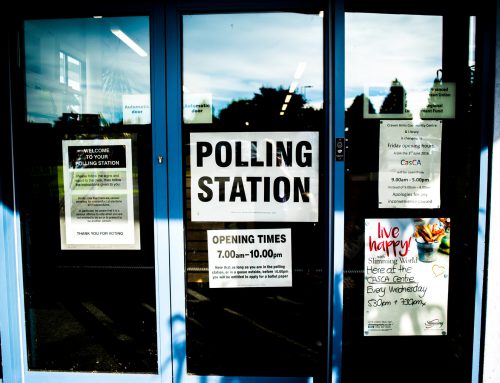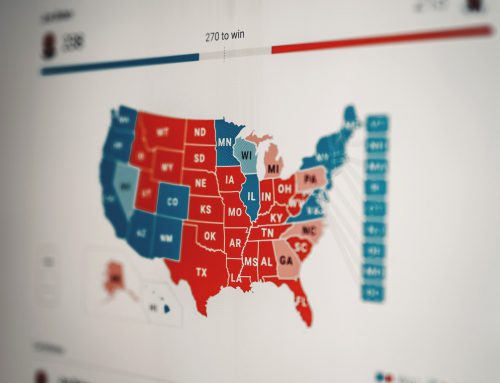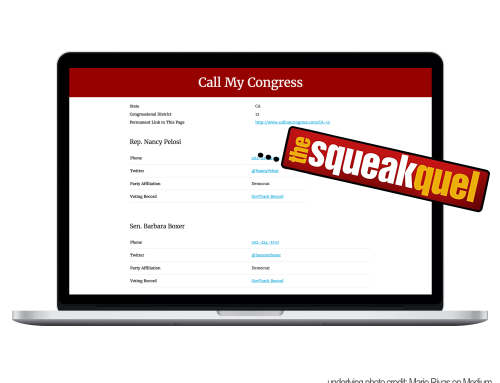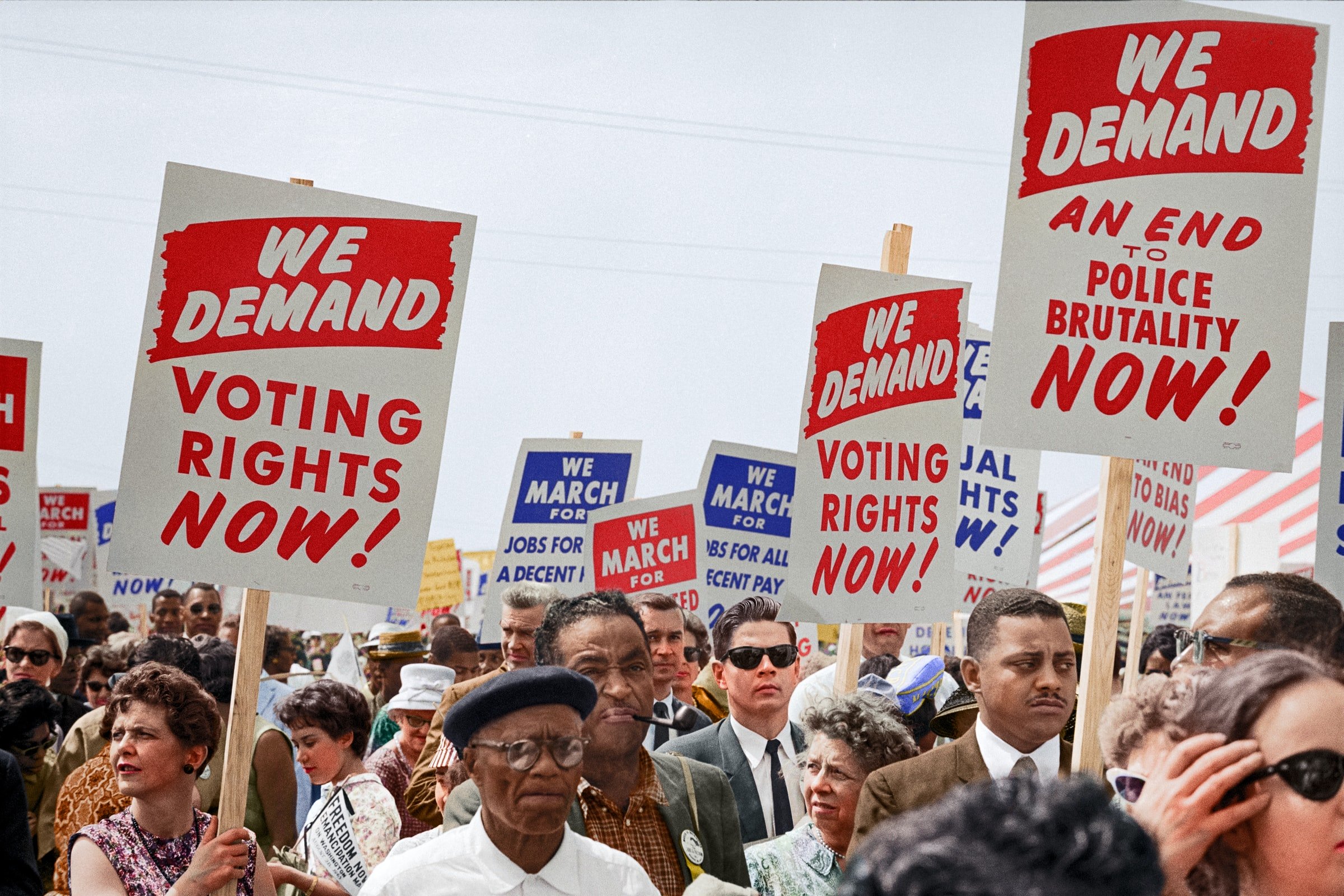July 7, 2021
After coming off of a primary election fueled by venomous hatred and chaos in 2020, many local elections that later took place suffered extremely low voter turnouts. As we’ve previously discussed on Don’t Vote, Don’t Complain, the 2020 U.S. presidential election brought out the highest number of voters in over a century (read that article from us here).
So what’s up with the lackluster movement to vote in later 2021 elections if almost everyone was voting in November? Despite the fact that local elections tend to be lower in numbers, many experts are pinning the significant drop on something called voter fatigue. Polyas says “voter fatigue occurs when voters begin to feel disengaged and apathetic.”
With so many exhausting events in recent U.S. history, it should come as no surprise that people felt the personal need to disengage from politics. COVID-19, mass protests, heart-wrenching news, baseless political debates, and climate-related chaos have left many Americans upset and scrambling through each day in survival mode.
Taking a breather from politics in the name of sanity is understandable, but voting remains one of the most essential forms of empowerment that we have. So if we are suffering from voter fatigue, what can be done to cope? As with most things, self-care will help. Slowing down, eating healthy, taking social media breaks, and exercising can all aid in your ability to find the gusto needed to exercise your democratic rights.
Additionally, ruminating on the tangible things we need from our political system can help put us back into a place of power. Rather than having political discussions that focus on sides, try including your individual experiences in life as well as inquiring about the human experience of others. When we take action for the betterment of human lives, voting becomes an act of inspiration again, rather than a burdensome duty.




